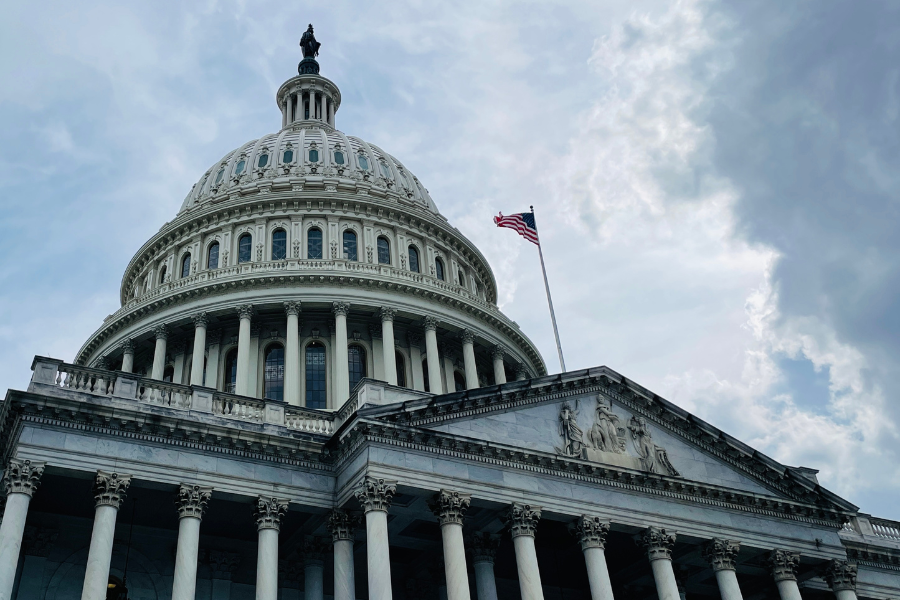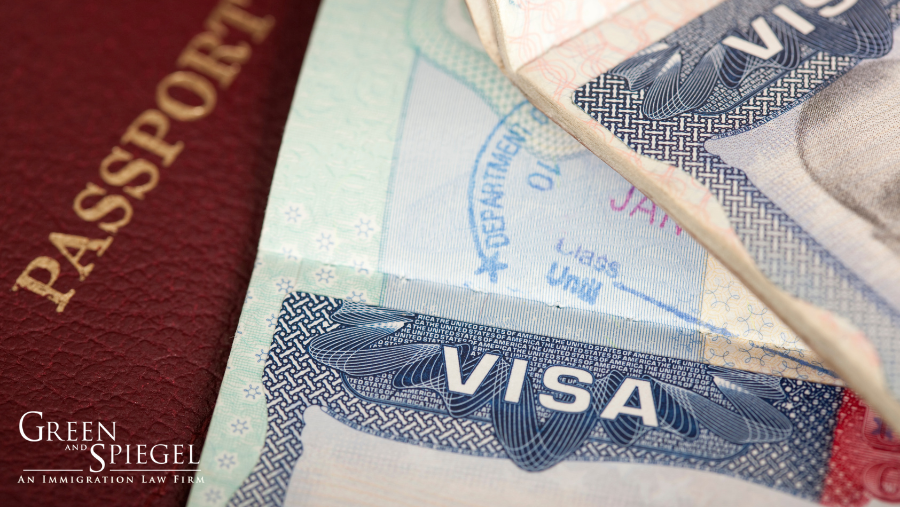Key Takeaways
- Shutdown will begin on October 1, 2023 without congressional agreement to continue funding the Federal Government.
- Essential and fee-funded services/agencies such as USCIS, CBP, DOS, SEVP, and EOIR detained docket will remain operational though likely at decreased capacity/with delays.
- DOL processes (PERM, PWD, LCA) will cease, as will E-Verify, EOIR’s non-detained docket, and processing for Conrad 30 J-1 Waivers.
- EB-5 Regional Center Program funded through September 2027, but Special Immigrant Religious Worker Program will cease as of October 1.
Without a new budget, temporary funding, or another stop-gap measure, it is looking more and more likely that the Federal Government will shut down on October 1. This post will focus on the potential consequences of that shutdown – which would be the fourth in the last decade – on our clients and their myriad immigration processes. Based on the indeterminate furlough of tens – if not hundreds – of thousands of government workers, cessation of a wide range government services, and shuttering of government-controlled property, employers, employees, and attorneys should be ready for delays even if their immigration processes will persist amid the shutdown.
IF NON-ESSENTIAL, WHAT IS THE SOURCE OF FUNDING – FILING FEES OR CONGRESS?
For present purposes, the Federal Government’s shutdown will primarily impact non-essential services, programs, and agencies funded through government appropriation, which are deemed sufficiently inconsequential to justify permitting them to lapse and/or cease operations without fresh government funds. There are exceptions to this rule – namely, the EB-5 Regional Center Program that has received government funding through September 30, 2027 – but in general, if the immigration benefit sought involves non-essential government workers, the benefit will be put on hold unless its fee-funded.
Non-Essential and Shut Down – PERM, LCA, PWD, E-Verify, Conrad 30, SIV Religious Workers, EOIR Non-Detained Removal Docket
Chief amongst these government-funded agencies that will close next week is the U.S. Department of Labor’s (“DOL”) Office of Foreign Labor Certification (“OFLC”), which processes Permanent Labor Certifications (“PERM”), Labor Condition Applications (“LCA”), and Prevailing Wage Determinations (“PWD”) for employment-based immigrant and nonimmigrant benefits alike. In fact, the DOL has advised that the OFLC’s FLAG website will be inaccessible for the duration of the shutdown, meaning filers will not be able to file new cases or download previously completed requests. These consequences, of course, are in addition to the DOL halting processing of existing cases and being unavailable for inquiries, thusly cutting-off access to new PERMs or PWDs, as well as any LCA-dependent process such as an H-1B, H-1B1, or E-3 Visa.
In addition, USCIS’ E-Verify Program that allows participating employers to confirm a prospective employee’s work authorization will also become inactive as of next week. DHS has made clear that E-Verify going offline will not relieve the employer from fulfilling its I-9 obligations within the requisite 3-day period of commencing employment. Moreover, the unavailability of E-Verify will not prevent employers in good standing with the program to fulfill their I-9 requirement through the recently implemented, remote alternative procedure.
Additional processes impacted also include the Executive Office of Immigration Review (“EOIR”) – the sub-agency of the Department of Justice (“DOJ”) that administers removal proceedings for undocumented individuals and other immigration offenders – will reschedule hearings for non-detained respondents, and if the Immigration Court (“IC”) in question has only a non-detained docket, the IC will be closed throughout the shutdown. In addition, the Conrad 30 Program for J-1 Physicians and Special Immigrant Visa for Religious Workers will sunset as of next week.
Non-Essential but Fee-Funded – USCIS, DOS Visa Applications, and SEVP
On the other hand, immigration-related petitions and applications through USCIS and U.S. visa applications with the Department of State (“DOS”) may not be essential, but they will remain available due to the fact that they are funded through application/petition filing fees. will remain operational during the shutdown. The same goes for the Student and Exchange Visitor Program (“SEVP”) and its Student and Exchange Visitor Information System (“SEVIS”), which will continue to facilitate the acquisition and maintenance of F, J, and M Visas for foreign national students, scholars, interns, and trainees. That being said, visa appointment availability at U.S. Consulates abroad should constrict with the shutdown, and cases filed with USCIS via Regular Processing will likely see elongated processing times until congressional funding returns.
Essential and Open for Business – CBP and EOIR Detained Docket
The last tranche of immigration-related processes are those that fall under the “essential services” umbrella, which include U.S. Customs and Border Protection (“CBP”) Officers processing foreign nationals entering the United States at airports, land crossings, and U.S. Ports across the country and abroad at pre-clearance locations, as well as EOIR and Immigration and Customs Enforcement (“ICE”) workers overseeing the EOIR’s detained docket (i.e., removal cases where the respondent is presently incarcerated). Importantly, the government workers providing these services will do so without pay, but with the understanding that they will receive backpay once the Federal Government reopens. Likewise, TN Applications and Border L Petitions submitted at designated Ports of Entry are likely to face limitations in appointment availability and/or processing times.
How Will the Government Shutdown Impact YOUR Case?
Certain elements of the government shutdown have clear-cut consequences for immigration-related benefit requests – if an employer wants to hire a new E-3 worker abroad, that E-3 worker could pay the visa application fee and schedule an E-3 Visa interview, but without a certified LCA they cannot actually apply for and ultimately receive the E-3 Visa. Likewise, an in-country H-1B transfer will need to wait until the government reopens, and a pending PERM will delay the subsequent submission of an I-140 Petition for an immigrant visa. However, there are just as many complicated, nuanced impacts, such as what happens when the DOL’s inability to certify a pending LCA prevents a timely-filing, a topic of immense importance given the upcoming deadline for filing H-1B Cap-Subject Petitions selected in the second drawing over the summer. Or, what do employers and employees must do to complete the E-Verify process for someone on-boarded during the shutdown, or when an employee’s E-Verify check has generated a tentative non-confirmation (“TCN”).
For these questions and more, please do not hesitate to contact our Firm for a consultation.





